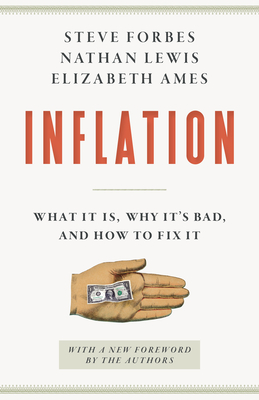
Davies, Dan
product information
description
8Longlisted for the 2024 Financial Times Book of the Year. How life and the economy became a black box--a collection of systems no one understands, producing outcomes no one likes. Passengers get bumped from flights. Phone menus disconnect. Automated financial trades produce market collapse. Of all the challenges in modern life, some of the most vexing come from our relationships with automation: a large system does us wrong, and there's nothing we can do about it. The problem, economist Dan Davies shows, is accountability sinks: systems in which decisions are delegated to a complex rule book or set of standard procedures, making it impossible to identify the source of mistakes when they happen. In our increasingly unhuman world--lives dominated by algorithms, artificial intelligence, and large organizations--these accountability sinks produce more than just aggravation. They make life and economy unknowable--a black box for no reason. In The Unaccountability Machine, Davies lays bare how markets, institutions, and even governments systematically generate outcomes that no one--not even those involved in making them--seems to want. Since the earliest days of the computer age, theorists have foreseen the dangers of complex systems without personal accountability. In response, British business scholar Stafford Beer developed an accountability-first approach to management called "cybernetics," which might have taken off had his biggest client (the Chilean government) not fallen to a bloody coup in 1973. With his signature blend of economic and journalistic rigor, Davies examines what's gone wrong since Beer, including what might have been had the world embraced cybernetics when it had the chance. The Unaccountability Machine is a revelatory and resonant account of how modern life became predisposed to dysfunction.
member goods
No member items were found under this heading.
listens & views

25TH ANNIVERSARY DOUBLE REED SOCIETY ...
by 25TH ANNIVERSARY DOUBLE REED SOCIETY / VARIOUS
COMPACT DISCout of stock
$16.75
Return Policy
All sales are final
Shipping
No special shipping considerations available.
Shipping fees determined at checkout.






